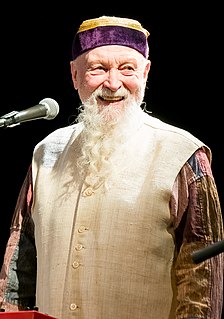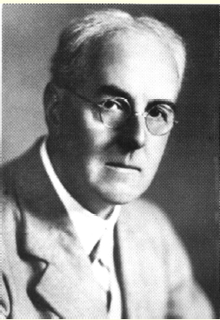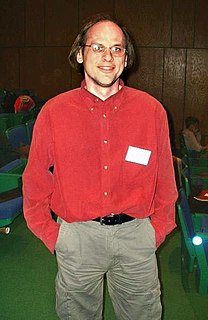A Quote by James Joseph Sylvester
It seems to be expected of every pilgrim up the slopes of the mathematical Parnassus, that he will at some point or other of his journey sit down and invent a definite integral or two towards the increase of the common stock.
Related Quotes
And so I am this pilgrim - if I can somehow answer your question - who's constantly amazed by this journey. Who is learning a new thing every single day. But who's not accumulating knowledge, because then it becomes a very heavy burden in your back. I am this person who is proud to be a pilgrim, and who's trying to honor his journey.
As in forming a political society, each individual contributes some of his rights, in order that he may, from a common stock of rights, derive greater benefits, than he could from merely his own; so, in forming a confederation, each political society should contribute such a share of their rights, as will, from a common stock of these rights, produce the largest quantity of benefits for them.
It's interesting that some people reading the comics see Scott Pilgrim as a blank slate in that they like to imagine themselves as Scott Pilgrim, so it's interesting that there are two kind of schools of thought about the character. One is, like, Scott Pilgrim is awesome. The second is Scott Pilgrim believes himself to be awesome.
Another advantage of a mathematical statement is that it is so definite that it might be definitely wrong; and if it is found to be wrong, there is a plenteous choice of amendments ready in the mathematicians' stock of formulae. Some verbal statements have not this merit; they are so vague that they could hardly be wrong, and are correspondingly useless.
Every lynching deprives its victim of his life without due process of law, and denies him an equal protection of the law. The States are charged with punishing all such invasions as the common rights of the citizens, but some of them have failed in their effort to do so, and others have not honestly tried. Meanwhile, lynchings continue, and though they do not increase in number, they show some tendency to increase in savagery.
One of my colleagues likes to say that, mathematics is the - he thinks about the only subject that he knows in academia or in the real world where if two people disagree about something - if people are studying some mathematical object and there's supposed to be a proof and they disagree about whether this proof or not, the will go into a room, sit down and talk about it and fairly quickly or at the end of the day one of them will admit they're wrong.







































